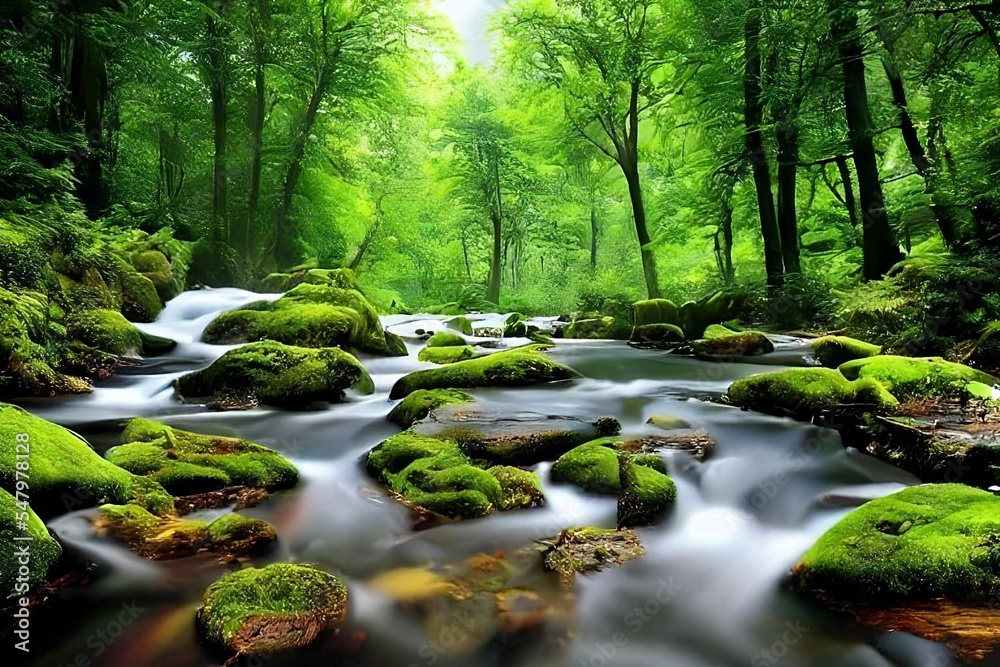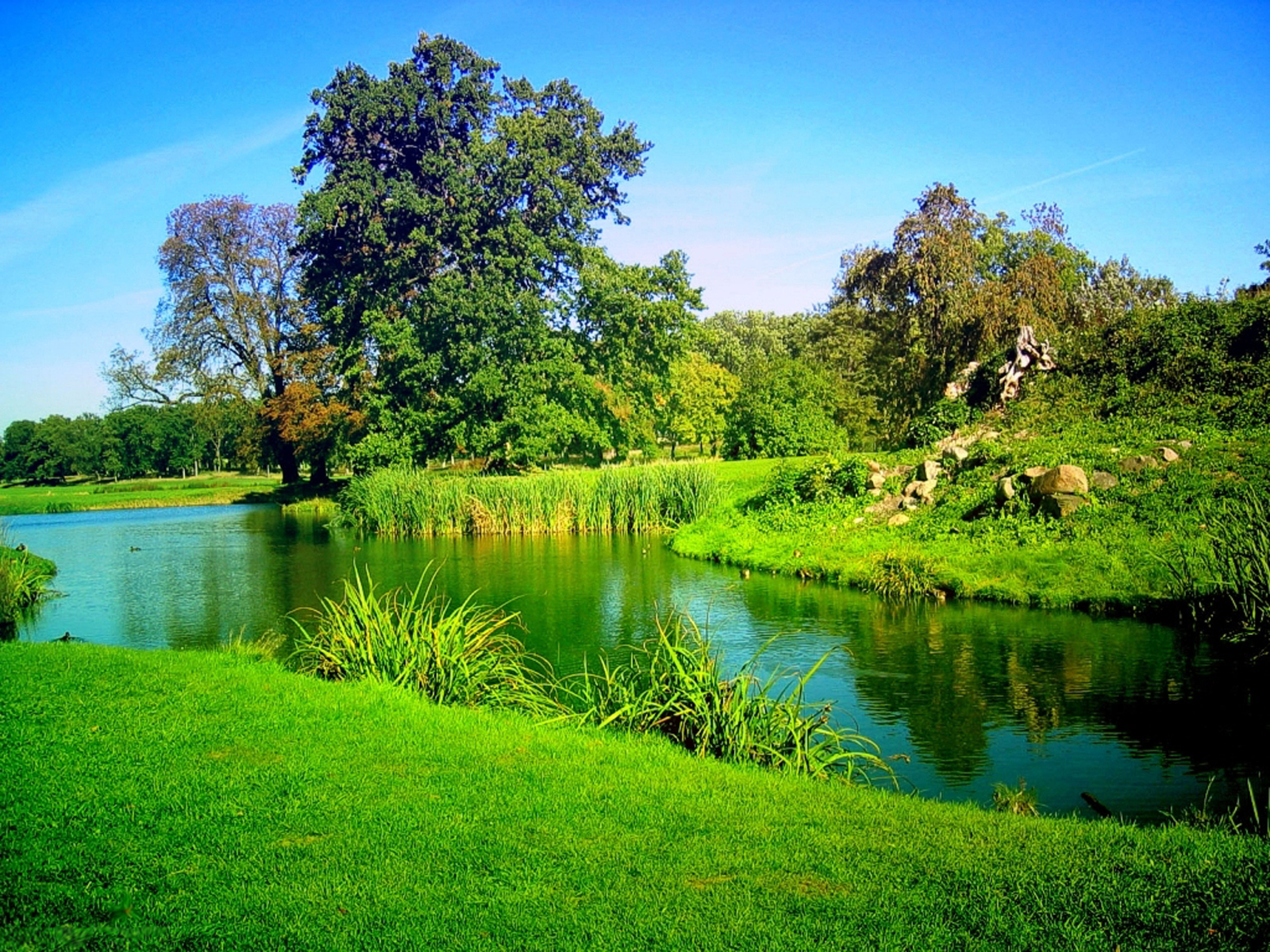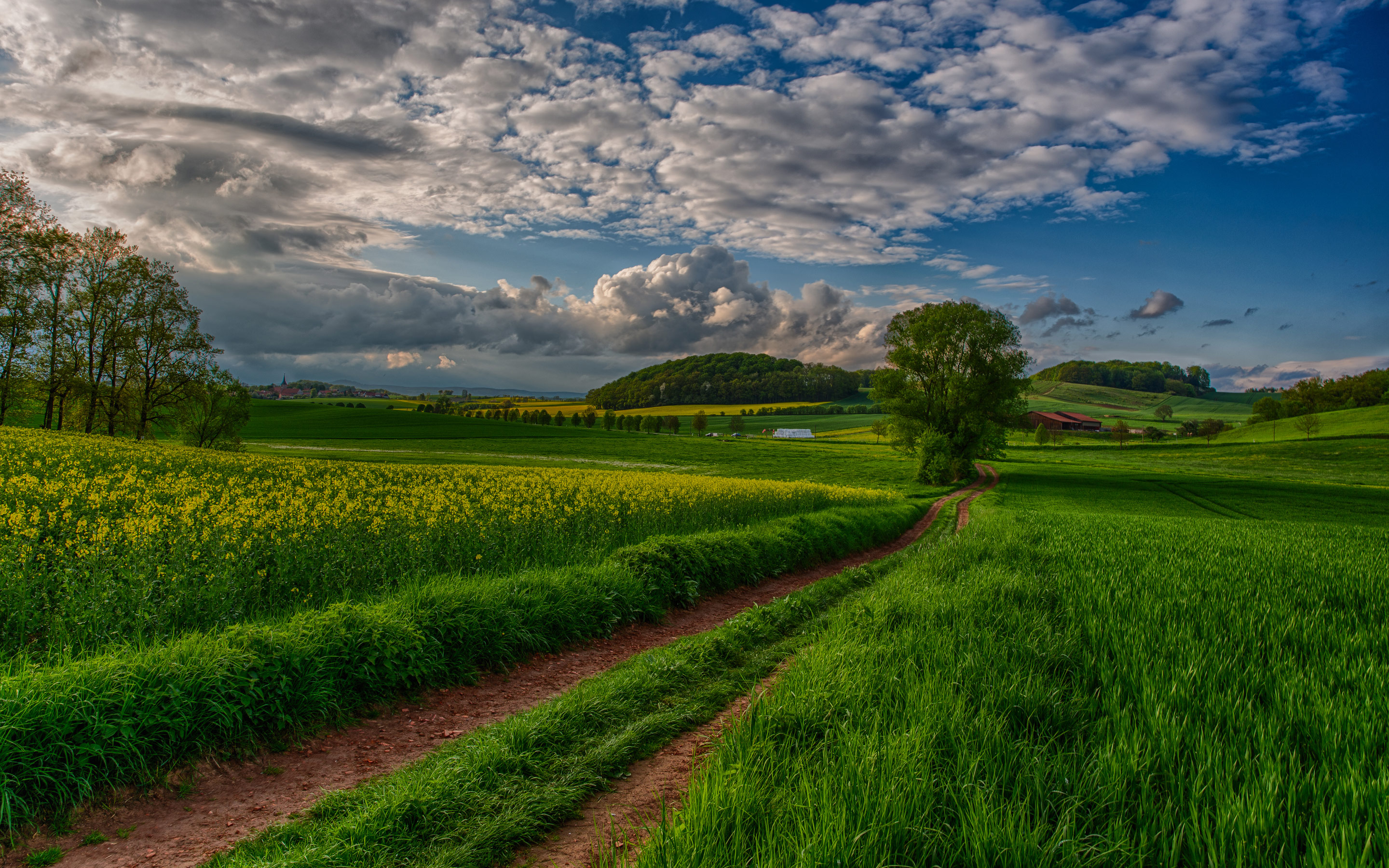Natural Weed Killer - Gentle Garden Solutions
Are you looking for a kinder approach to keeping your garden free of unwanted plants? Many folks are finding that moving away from harsh chemical sprays for weed removal makes a lot of sense. Choosing methods that come from nature can be a safer, more earth-friendly way to manage those persistent garden invaders. It means you can look after your outdoor spaces without bringing in substances that might cause worry.
For a good many people, the idea of spraying something like commercial chemical herbicides, which can contain things like glyphosate, just does not sit right. This is where homemade garden care really shines. You get to be in control of what goes onto your soil and around your precious plants, and you avoid those items that have raised some serious questions.
It's pretty amazing, actually, how many things you might already have around your house or can easily get that work just as well as the store-bought options. From simple pantry items to smart ways of looking after your lawn, there are plenty of ways to keep your garden looking its best without resorting to anything that feels less than ideal for your family or the wider environment.
Table of Contents
- Why Choose a Natural Weed Killer?
- What is a Natural Weed Killer Made Of?
- How Can You Use a Natural Weed Killer Safely?
- Natural Weed Killer Recipes You Can Make
- Beyond Sprays - Other Natural Weed Killer Approaches
- Is a Natural Weed Killer Really Effective?
- Understanding Commercial Natural Weed Killer Options
- The Long-Term Benefits of Natural Weed Killer Use
Why Choose a Natural Weed Killer?
Many individuals find themselves drawn to the idea of a garden free from chemical interventions. There's a certain peace that comes with knowing the plants, the soil, and the creatures living there are not exposed to substances that could cause issues. You know, it's about creating a little slice of nature that feels truly wholesome. Opting for a natural weed killer really aligns with this desire for a healthier outdoor spot.
The concern over widely used products, such as those that include glyphosate, is a big reason many folks are searching for different ways to handle garden weeds. It's not just about the immediate effect on the unwanted plants, but also about what might linger in the soil or affect other living things. So, choosing a natural path offers a sense of reassurance, giving you a chance to feel good about how you care for your yard.
Making a decision to use something gentle means you are prioritizing the well-being of your household, including any little ones or pets who might spend time outside. It’s pretty important, as a matter of fact, to have that peace of mind. When you pick a natural weed killer, you are essentially saying yes to a garden that supports life in a broader sense, rather than just getting rid of a few pesky plants.
What is a Natural Weed Killer Made Of?
When we talk about a natural weed killer, we're often looking at things you might already have in your pantry or can easily get from a grocery store. This is pretty cool, actually, because it means you don't need to go searching for specialized items. Think about common household ingredients that have surprising strength when put to use in the garden. These everyday items can do a really good job of taking care of unwanted plant growth.
One of the most talked-about natural weed killer components is plain old vinegar. It's got a special something in it, an acid that works to dry out plants. When this liquid touches the leaves, it starts to break down the plant's outer layer and pull moisture away, causing the weed to wither. It's a direct action, you know, a very straightforward way to get those plants to stop growing where you don't want them.
Beyond just vinegar, some natural weed killer ideas might involve other simple things. Sometimes, a touch of liquid dish soap is added to the mix. This isn't for cleaning the weeds, obviously, but rather to help the main ingredient stick to the plant's surface. It helps the liquid spread out and cover more of the leaf, which makes the whole process more effective. So, it's a little helper, in a way, making sure the active ingredient does its best work.
How Can You Use a Natural Weed Killer Safely?
Even though natural weed killer options are generally considered less harsh than their chemical counterparts, it's still smart to handle them with a bit of care. Just because something comes from nature doesn't mean it's completely without potency. These mixtures are designed to affect plants, and that strength needs to be respected. So, you know, a little common sense goes a long way when you're preparing and applying them.
When you're getting ready to use a natural weed killer, it's a good idea to put on some basic protective gear. Things like gloves can keep your hands safe, and maybe some eye protection too, just in case of splashes. This is especially true if you're working with something like concentrated vinegar, which can be a bit strong. It's all about making sure you feel comfortable and secure while you're doing the job, basically.
After you've applied your natural weed killer, giving the area a little time before letting pets or children back in is a thoughtful move. While these solutions are often much safer for family members and animals, it's still best to let the solution do its work and dry completely. We felt really good about letting our pets and kids back into the garden after using these kinds of treatments, knowing we had given it a little while to settle. It’s about being considerate of everyone who uses your outdoor space, honestly.
Natural Weed Killer Recipes You Can Make
Making your own natural weed killer is pretty straightforward, and it gives you a real sense of accomplishment. The most popular recipe involves a couple of common items you likely already have around the house. It's a simple combination, but it packs a punch when it comes to getting rid of those unwanted plants that pop up in your yard. This particular mix is great for those prolific plants that seem to spread everywhere.
To whip up a batch of this effective natural weed killer, you'll want to get yourself a gallon of vinegar. Then, add in just one tablespoon of liquid dish soap. Give it a good stir or shake to make sure everything is mixed together well. That's pretty much it for the preparation, you know, it's not complicated at all. Once it's ready, pour it into a spray bottle that you can easily handle.
When you're ready to tackle the weeds, spray this mixture directly onto the leaves of the plants you want to remove. The key is to make sure you fully cover the leaves, and try to get some of the solution onto the roots if you can. The acetic acid in the vinegar gets right to work, breaking down the plant's structure and drawing out its moisture. You should start to see results within a day, though some stubborn plants might take a little longer to completely disappear. It’s a very satisfying thing to watch, actually.
Beyond Sprays - Other Natural Weed Killer Approaches
While spraying a natural weed killer is a common and effective method, there are other clever ways to manage unwanted plants without chemicals. It's not just about what you spray, but also about how you care for your garden as a whole. These alternative approaches can work really well on their own or as a supportive part of your overall natural weed killer strategy. They offer different ways to approach the problem, which is pretty neat.
One very useful method involves using materials like mulch or old newspapers. Laying down a thick layer of these items can actually smother weeds before they even get a chance to grow. This works by blocking out the sunlight that weeds need to survive, and it also makes it harder for new weed seeds to sprout. It's a pretty simple idea, but it's incredibly effective for keeping large areas clear of unwanted growth, in a way. Plus, it can help your soil retain moisture, which is a nice bonus for your desired plants.
For those who want to keep their lawns looking neat, your regular lawn care schedule can actually be a natural weed killer in itself. Instead of cutting your grass very short, try mowing it to a taller height than you might usually do. A slightly longer lawn helps to shade the soil, which makes it harder for weed seeds to get the light they need to grow. Also, mowing more frequently can prevent weeds from going to seed, which stops them from spreading. It's a subtle but powerful change, you know, that really helps.
Is a Natural Weed Killer Really Effective?
A lot of people wonder if a natural weed killer can truly stand up to the challenge of persistent weeds. The good news is, yes, they absolutely can be very effective. Many individuals have found great success using these gentler options to keep their gardens looking neat and tidy. It’s pretty amazing, actually, how well simple ingredients can work when applied correctly.
When you use something like a vinegar-based natural weed killer, the action is quite direct. The acetic acid in the vinegar acts as a contact solution, meaning it works by touching the plant's leaves. It breaks down the plant's cell walls and pulls moisture out, causing the weed to dry up and die. This process often yields visible results quite quickly, sometimes within a single day. So, you know, you don't have to wait around forever to see if it's working.
The effectiveness of a natural weed killer also comes from consistent application and understanding the specific plants you're dealing with. Some weeds might be a bit more stubborn and require a second application, or perhaps a slightly stronger mixture. But generally, for most common garden weeds, these natural solutions do a very good job. It's about being persistent and applying the solution thoroughly, making sure to cover the leaves and any visible roots, basically.
Understanding Commercial Natural Weed Killer Options
While making your own natural weed killer at home is a popular choice, there are also commercially available products that lean into the natural approach. These options are designed for convenience and often come in larger quantities, which can be helpful for bigger garden spaces. It’s pretty useful, actually, to have these ready-made solutions if you don't have the time or inclination to mix your own.
Some of these commercial natural weed killer products use ingredients similar to what you'd find in your pantry. For instance, you might come across products that feature a higher concentration of vinegar, like Green Gobbler's 20% vinegar formula. This kind of product often gets its active ingredient, acetic acid, from natural sources such as corn. It’s a very direct way of offering a natural solution, essentially.
It's worth noting that while many commercial weed killers contain controversial chemicals like glyphosate, which has been linked to health concerns, the natural options are specifically formulated to avoid these. Even if glyphosate isn't used in huge amounts by homeowners, the idea of handling something that requires extreme care and protective gear just doesn't sit well with many people. So, these natural commercial alternatives offer a way to steer clear of those worries completely, which is pretty reassuring.
The Long-Term Benefits of Natural Weed Killer Use
Choosing a natural weed killer for your garden care goes beyond just getting rid of weeds in the moment. There are some really positive long-term effects that come with this approach, both for your garden and for the wider environment. It's about building a healthier, more balanced outdoor space over time, which is pretty cool when you think about it.
One of the biggest benefits is the positive impact on your soil. When you avoid harsh chemicals, you allow the natural life within the soil to thrive. This means beneficial microbes, worms, and other tiny creatures can do their important work, which keeps your soil rich and fertile. A healthy soil structure, in turn, helps your desired plants grow stronger and more resilient, making them better able to compete with any new weeds that try to sprout. It's a very positive cycle, you know.
Using a natural weed killer also contributes to a healthier ecosystem around your home. It means less runoff of potentially harmful substances into waterways, and it's safer for local wildlife, like birds and insects, that might visit your garden. Over time, this creates a more welcoming and biodiverse environment. It’s pretty much about making a choice that benefits everyone and everything that touches your outdoor space, basically, which feels very good.
- Pendleton Whiskey
- Meow Wolf Grapevine
- Monterrey Mexican Restaurant
- Suites For Rent Near Me
- Dutch Broa

Beautiful 3D Nature and landscape wallpaper of a waterfall in a forest

Beautiful Nature Background - WallpaperSafari

Beautiful Nature Wallpapers HD - WallpaperSafari